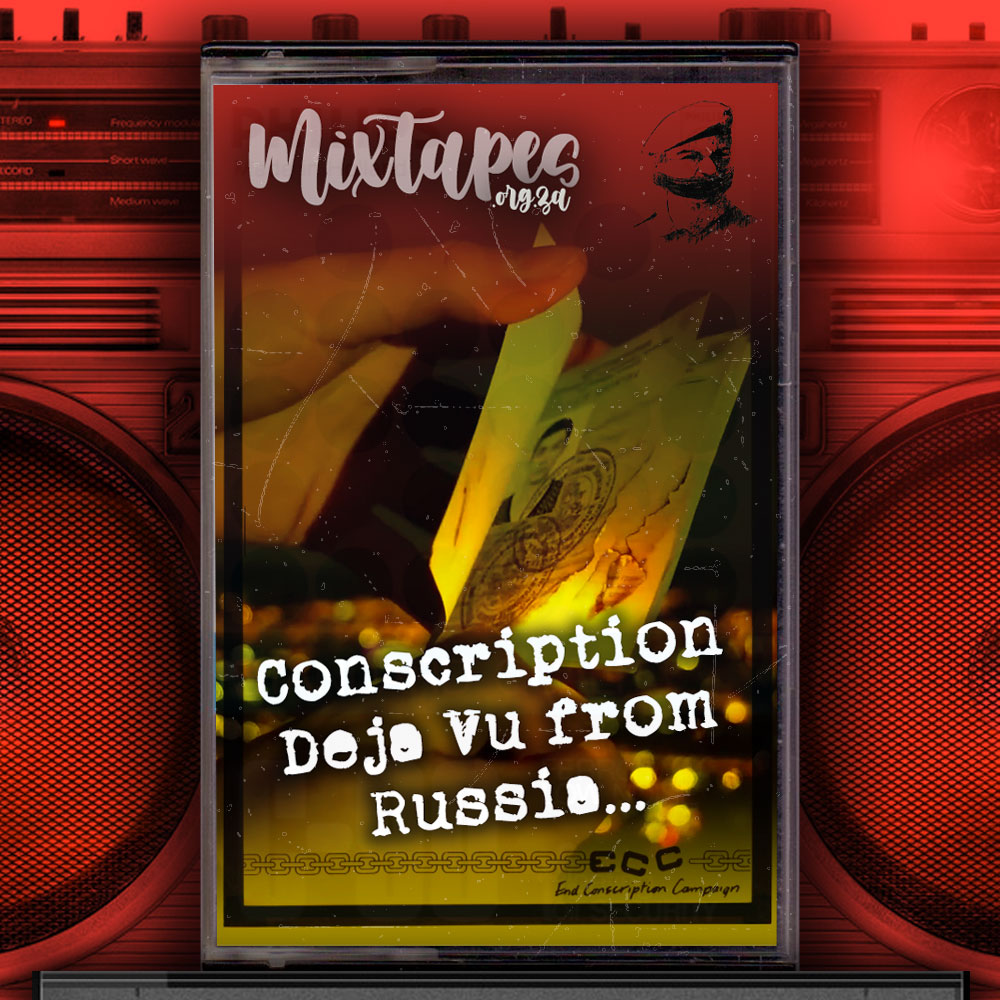
“I am not going to be Putin’s cannon fodder, and neither should any Russian,“ said Zach the Russian, “I have never felt so free,“ he said as he burnt his military registration card. “There is no way back now,“ he added.
Zach is a well-known YouTuber, who started his channel talking about his daily life in Russia and travels abroad 18 months ago. Initially he covered the typical trivial YouTube fare, like showing his viewers around Russian supermarkets or Soviet-era housing projects and a visit to his grandmother’s dacha, but he has now pivoted to talking exclusively about the war in Ukraine as an exile in neighbouring Georgia.
Niki Proshin, another YouTuber started his channel about two and a half years ago and, like Zack, focussed on travel, local curiosities and – inevitably – his grandmother’s dacha – also now focuses exclusively on the war. He hasn’t left Russia yet (Update: he has now left), and thus manages to document anti-war protests, the effects of sanctions on living costs and the propaganda in the local media. Meanwhile the 1420 Channel conducts a lot of vox pops among other young Russians on the street about the war and conscription, with provocative questions like “Are you ready to die in Ukraine?”. The answers don’t always assume it is rhetorical.
Had our generation of white South African boys who opposed the country’s military in the 1980s had access – in those pre-Internet days – to a global audience like YouTube, we imagine we’d have been producing very similar content. One cannot fail to have a strong sense of déjà vu listening to the concerns and issues Russian boys are having to face up to now that President Putin has announced a general mobilisation.
They discuss whether to stay or leave the country, whether to get involved in anti-conscription protests, they rage against their government’s policies. Some hope that their call-ups will be deferred because they’re at university. There is discussion about self-harm, and in one case that went viral, a young conscript had a friend break his leg so he couldn’t be called up.
Substitute Putin and co for PW Botha, Magnus Malan, etc, and to middle-aged South African ears, this is all very familiar. The experience was the source of a great deal of music both protesting an unjust war and chronicling the ordeals and testimonies of conscripts and conscientious objectors alike.
On the other hand, had our generation had access to The Internet and YouTube, perhaps we would not have had as much time to compose or consume so much great music. Music was, after all, one of the key cultural communication tools we had. We hope this selection inspires the boys in Russia resisting conscription into an unjust war by Vladimir Putin’s regime.
During the mid-late apartheid era white South African males were conscripted into the South African Defence Force to supposedly protect South Africa’s ‘border’ from anti-apartheid and other liberation forces fighting for the liberation of Angola, Namibia and South Africa. Throughout the 1980s the period of conscription was two years, followed by two years of call-ups to annual reservist-type camps. Many popular musicians wrote and performed songs against the war, conscription, and the unthinking militarised masculinity promoted by the SADF. This mixtape features a variety of those songs, and stands testament to the resistance to the SADF during that period.
There were some songs which questioned the purpose of the war. In the late ’70s National Wake (in “International News”) viewed the geographical border with Angola not as a place where the enemy was courageously fought, but where the troops and choppers were sent to commit atrocities which the population never heard about. Using suffocating imagery, they sang about how ‘they put a blanket over the border, they put a blanket into Angola … they put a blanket over the blanket, and then a blanket over that blanket’. Bright Blue (in “Who Is The Enemy”) meanwhile undermined patriotic notions of the border by describing it as a place in which to run around in the bush, playing silly games. They also questioned who the enemy was. The Asylum Kids asked a similar question in the song ‘Bloody Hands’, referring to war as a game that was played, but did it have to be played? And In Simple English (In “Don’t Believe”) urged, ‘Please don’t tell me, we must fight to the end. There’s nothing left that I want to defend.’
These songs effectively questioned the purpose of the border war and the actions of the SADF in supposedly defending Christian values. Sometimes musicians sang songs from the perspective of soldiers. For example, Robin Auld “In “After The Fire”) dealt with the post-traumatic stress experienced by a soldier returning from the war, ‘whose life went up in smoke’. Roger Lucey (in “The Boys Are In Town”) sang of the boys returning from the border going out for a round for the fighters who died. Harold gets beaten because ‘he wondered aloud was it all worth it?’ And in “Caprivi Strip”, Via Afrika, use a play on words to suggest that SADF soldiers occupying Namibia involve themselves in sexual encounters with local women, probably forcibly: ‘Cross the border of anywhere, Touch my machine gun, If you dare, Do it Caprivi strip, Your camouflage, It slowly peels, Where you wound me, It doesn’t heal, Slowly girls, Bit by bit, Let’s do it Caprivi strip.’
Musicians also commented on the drudgery of daily life in the army, and in the process undermined border duty as a waste of time, of lives, and of intelligence. Supporters of wars are forever waxing lyrical about the honour and the glory, yet the reality is always more bleak. In contrast Illegal Gathering in their song “Willie Smit” sardonically suggested that all people did in the army was smoke up a smoker’s cough and ‘balles bak’ (sit around suntanning). Rather than turn to pray for support, Bernoldus Niemand (in “Hou My Vas Korporaal” – “Hold Me Tight Corporal”) ironically asked the corporal to hold him tight, to help him through his army experience while sitting around, playing war games with his best days, out of duty, not by choice. The Aeroplanes (in “National Madness”) described the civil war as a national madness tantamount to national suicide, ‘killing the brothers things left unsaid’.
Meanwhile, women were supposed to write letters of support, send parcels and wait faithfully for their men to return. The support and love of these loved ones was supposed to be sufficient to justify the danger risked by the military man. Roger Lucey (in “The Boys Are In Town”) was one of the musicians who questioned this: ‘They say “think of your family, think of your friends,” But he knows that sentiment won’t make it end.” Jennifer Ferguson in turn satirised the women-at-home-writing-letters-and-singing-a-song-of-longing in “Letters To Dickie”. The song (comprising snippets of letters) was for Dickie, ‘fighting for your country and me’. She promised to wait faithfully for him, she sent him a scarf knitted in khaki to match his uniform, but ultimately couldn’t resist the approaches of other men and fell pregnant. In response Dickie killed himself. Another story of an army suicide is related by David Kramer in “On The Border” – of a soldier who shot dead five other soldiers and then himself.
One of the gender themes which comes across in anti-war songs is a contrast between mindlessly obeying military orders and creative freedom of expression. Amongst South African musicians opposed to the South African border war there was antagonism towards the dehumanising and conformist path which entering the SADF involved. Militarised masculinity was a threat to thinking, caring, and independent South African men who did not believe that joining the military was necessary to be a strong and brave individual, standing up for his beliefs. On the contrary, it was felt that the military broke down these attributes, threatening creativity, compassion and intelligence. This is clearly expressed in the Cherry Faced Lurchers’ “Warsong”: ‘The old men in the top storeys, Organise another war, All this blood and guts and glory, Is this what life is for? How can they make me feel like somebody else when I’m already myself? How can they make me act like somebody else when I can act for myself?’
The Gereformeerde Blues Band (In “Energie”) also comment on the conformity of white masculinity, including in the SADF – ‘You must stand in your line, you must cut your hair short’. Likewise, the Kalahari Surfers provide a parody of conformity and blind obedience expected of soldiers in the South African Defence Force. In ‘Don’t Dance’ the singer calls on South Africans not to dance to the SADF’s tune:
Hey white boy get your feet off the floor
The Lord gave you legs to march to war
Your leaders want you in a sporting affair
So put on your boots and cut your hair
Don’t talk back or stop to think
Don’t dance
In the face of government indoctrination and military conscription ‘white boys’ were urged to get off their feet and move to a different beat. Musically this song is interesting. The catchy rhythm and beat makes people want to dance, but the audience is told not to dance. Similarly, the overwhelming message of the Nationalist government and the SADF was to serve in the defence force, to ‘dance’; yet the song urged conscripts not to go, not to dance. In “Window On The World” Bright Blue considered the confusion and resentment of conscripts who found themselves ‘marching everywhere, trying their best to escape … marching everywhere, not sure how to cope’. Marching troops were thus portrayed in disarray, marching against their will. The song undermines the jingoism of the call to defend the country against the total onslaught. eVoid’s “Sgt. Major” evokes a similar sense of conscripts having to march left, right, according to the orders barked at them. The theme of resistance to conformist marching militarism is taken up by the Kalahari Surfers in “Song For Magnus,” a cover of “These Boots Are Made For Walking”, warning the Minster of Defence that one day those very boots would walk all over him.
In another evocation of gender binary thinking, conscientious objectors were ridiculed by the state as feminine and cowards, but Bright Blue retaliated by writing “The Rising Tide” about the brave decision made by David Bruce, who was sentenced to six years in prison for refusing to serve in the SADF. The song held Bruce up as a hero, someone to be admired, a role model. The song flew in the face of government propaganda about what form of masculinity constituted bravery:
But you know where you stand, you have raised your hand
You’re the first, you’re the first of a new generation…
And always, always remember your words have been heard,
We’re on your side…
Walking side by side
We’re the rising tide
However, while Bright Blue had praised Bruce’s stand against conscription, Tony Cox (in “Easy See”) simply sang of the urge to avoid fighting on the border by escaping: ‘You go away … you go away, Try to escape, Far from the frontlines, Go away … Don’t stay,
Just go away.” Yet Roger Lucey (in ‘The Boys Are In Town’) described the unsatisfying choice made by a homesick white exile who resented having had ‘to choose between leaving and losing your name’.
Listening to the songs on this mixtape reminds us of the confusion and turmoil of those days, of being forced to fight in an unwanted war, to go to prison, or leave the country. There are obvious parallels with other situations around the word since then and still ongoing. Fortunately there will always be resistant musicians, who capture such conflict through their songs.
- Window On The World – Bright Blue
- Warsong – James Phillips And The Lurchers
- Energie – Gereformeerde Blues Band
- International News – National Wake
- Don’t Dance – Kalahari Surfers
- Bloody Hands – Asylum Kids
- Sgt Major – eVoid
- Song For Magnus – Kalahari Surfers
- After The Fire – Robin Auld
- Don’t Believe – In Simple English
- Caprivi Strip – Via Afrika
- Who Is The Enemy – Bright Blue
- The Boys Are In Town – Roger Lucey
- Easy See – Tony Cox
- National Madness – The Aeroplanes
- The Rising Tide – Bright Blue
- Willie Smit – Illegal Gathering
- Hou My Vas Korporaal – Bernoldus Niemand
- Letters To Dickie – Jennifer Ferguson
- On The Border – David Kramer
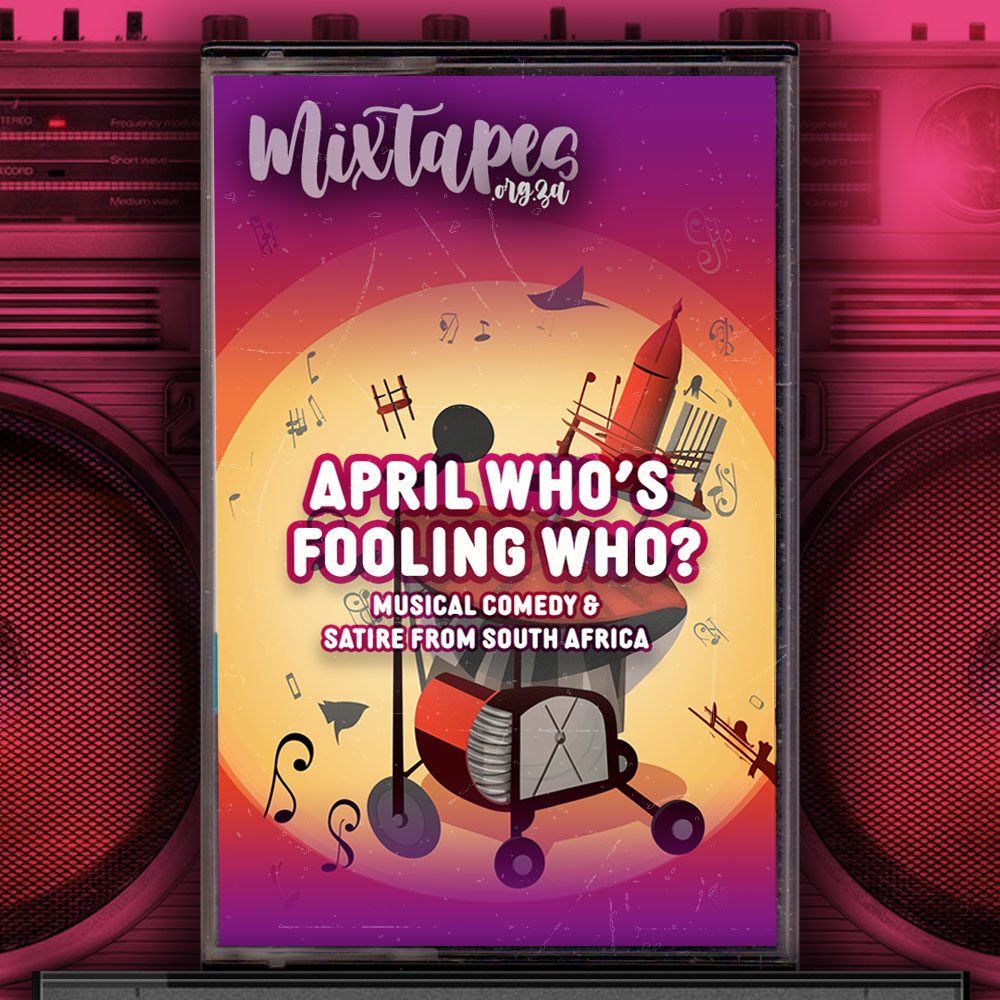



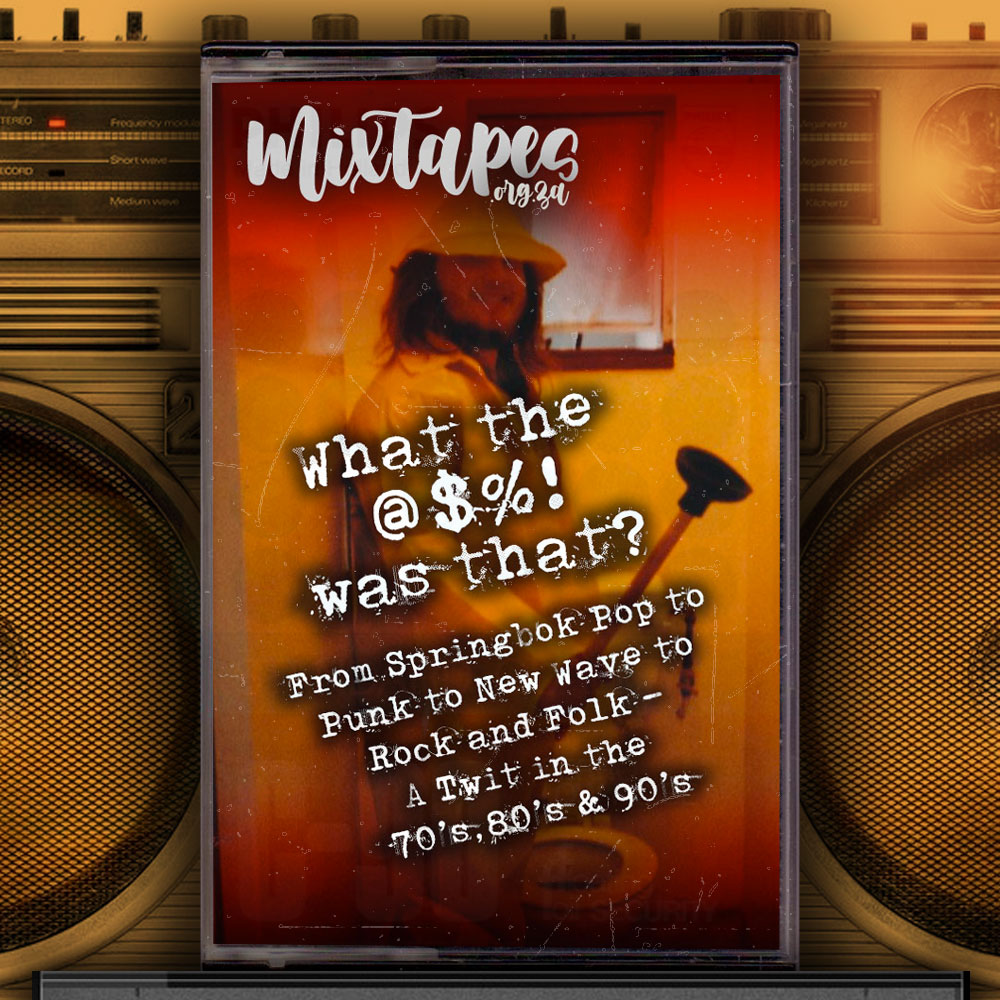
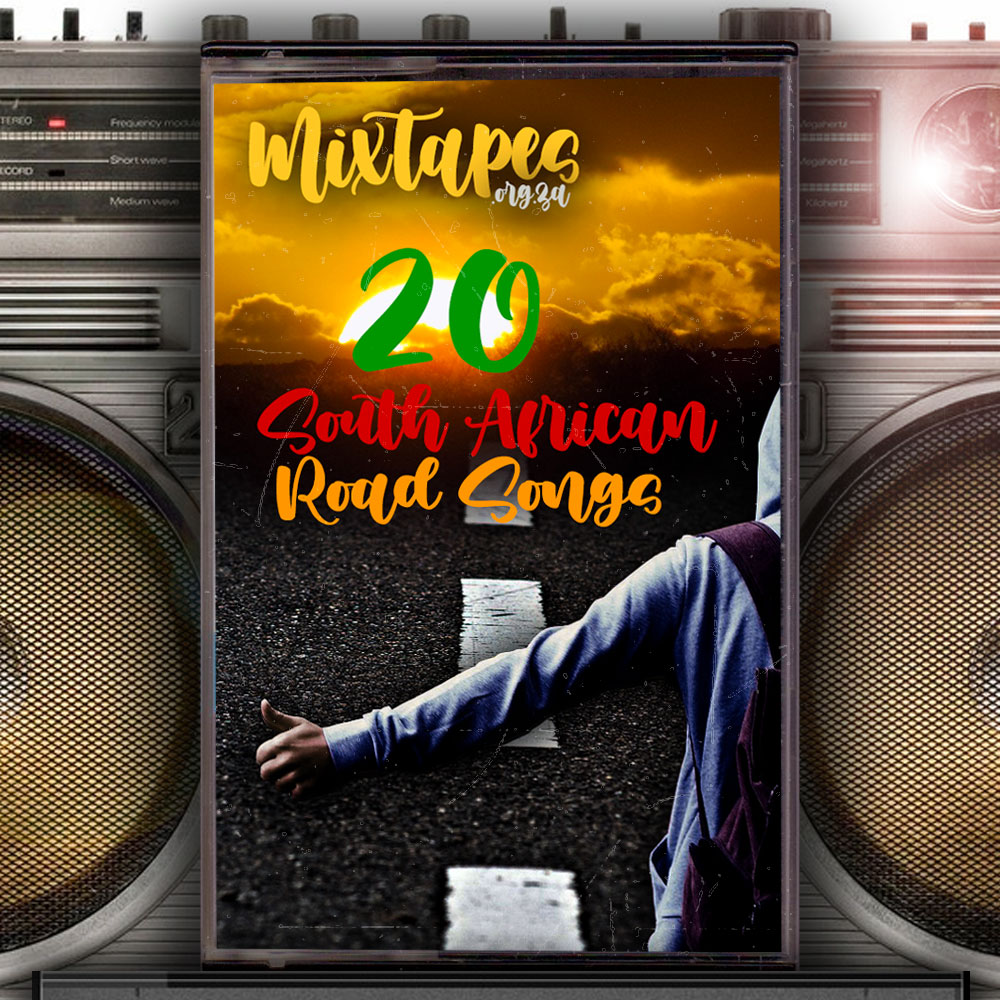
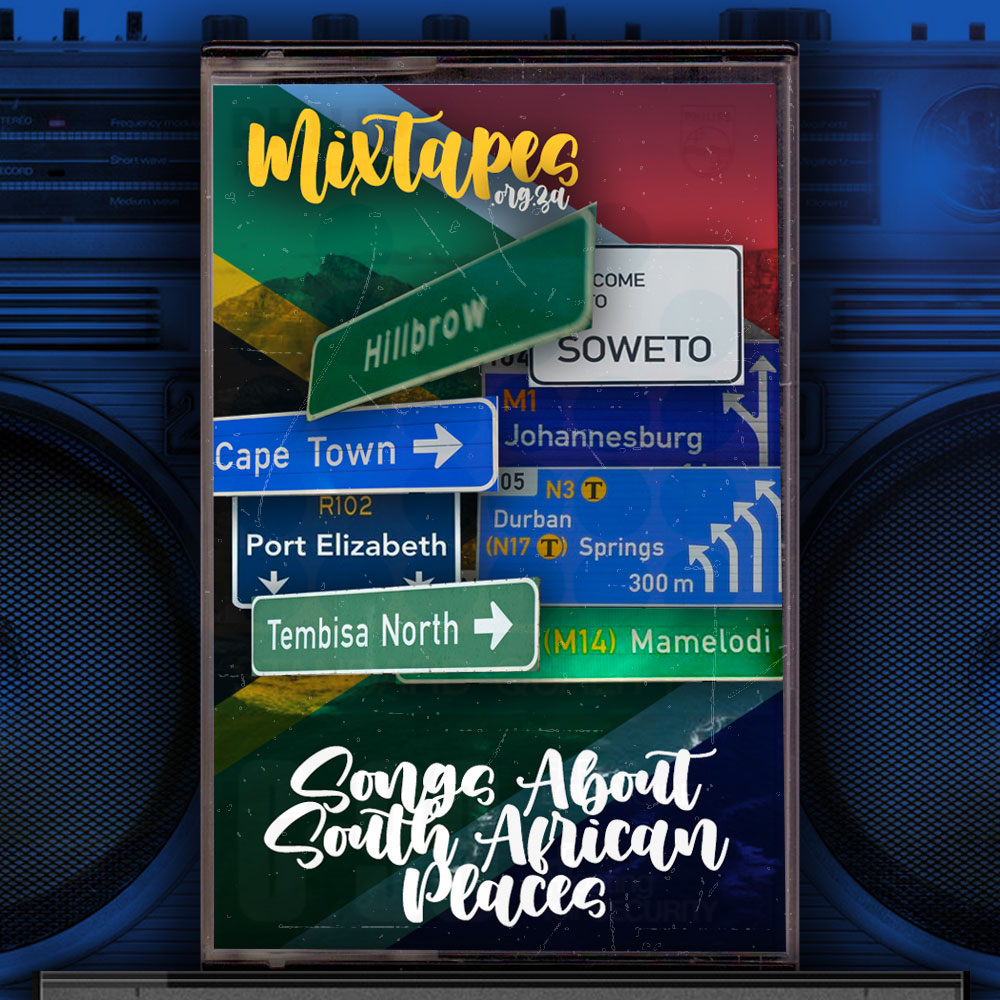
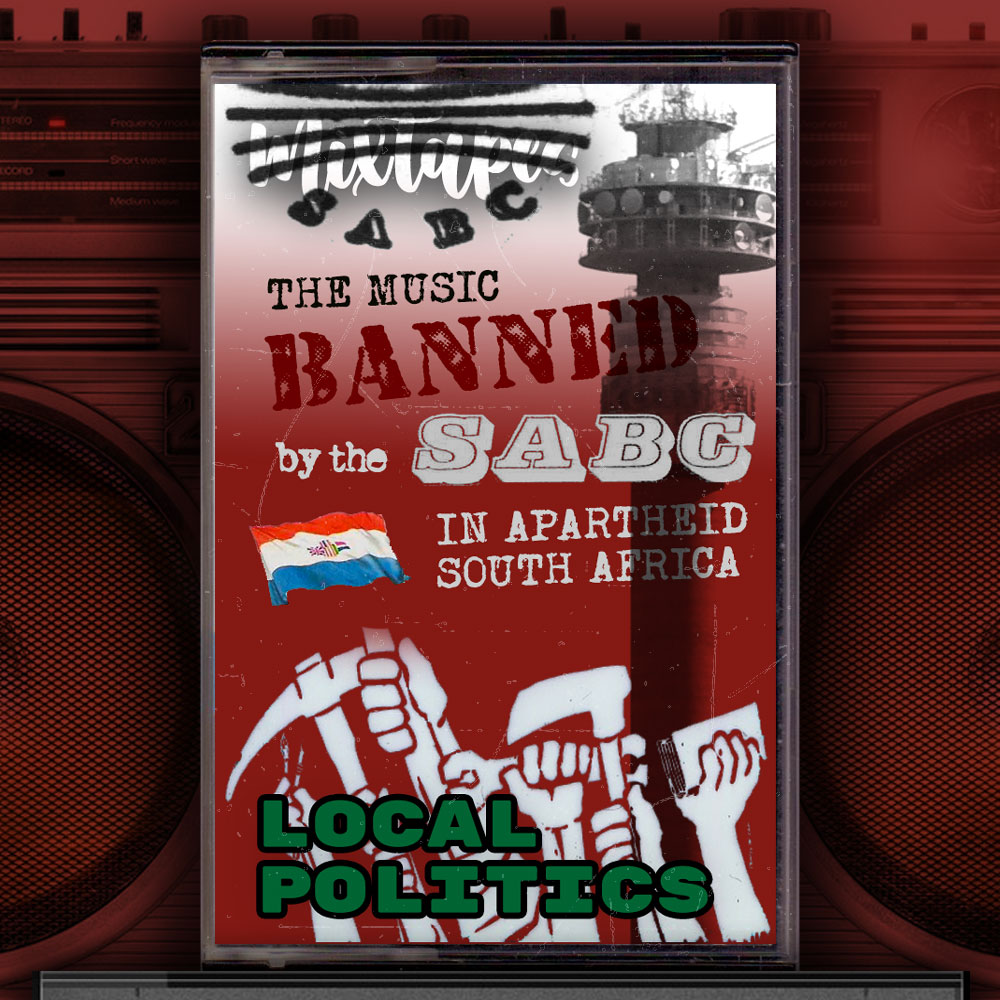
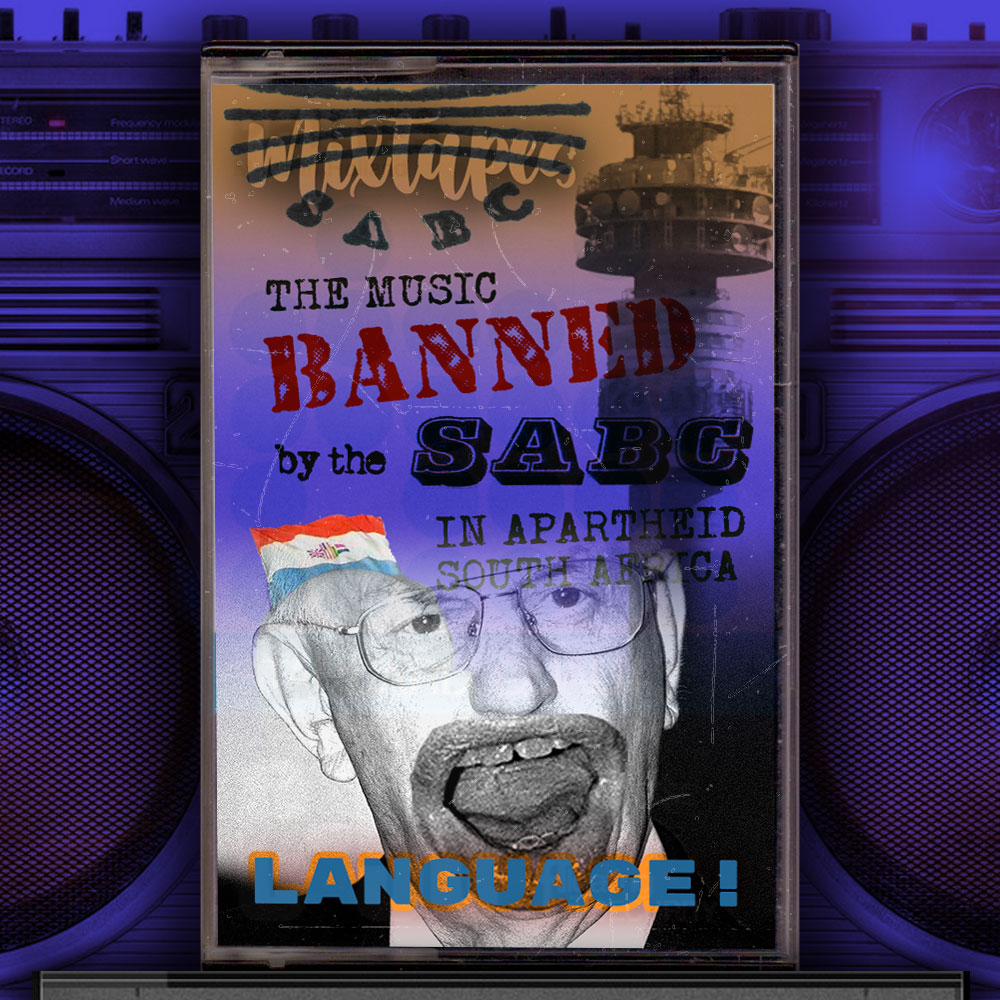
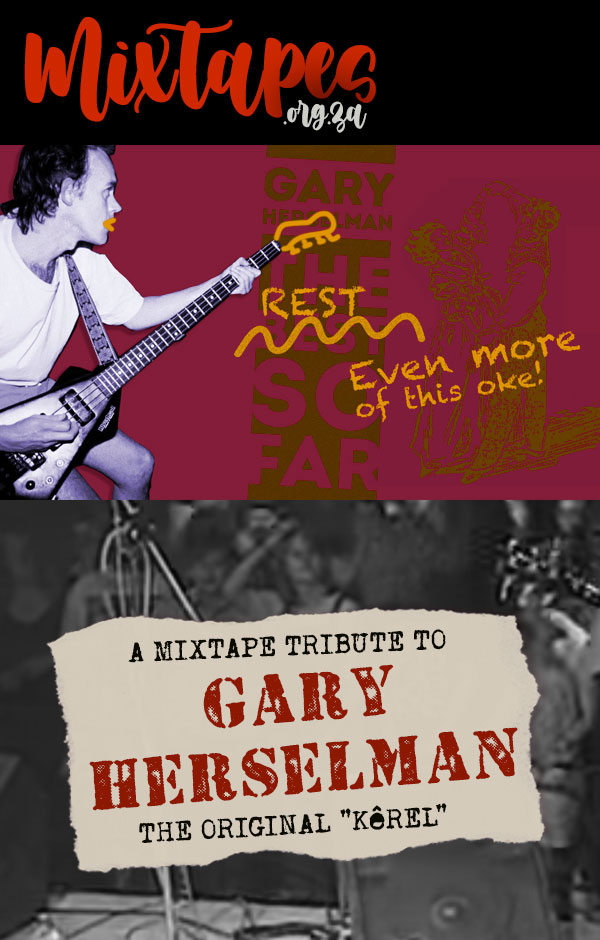
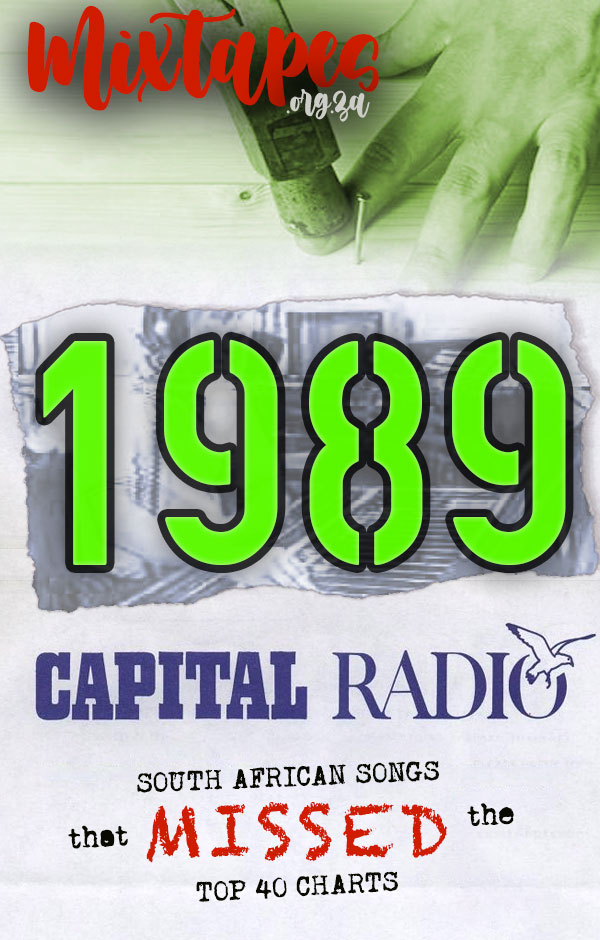
 1988 was a poor year for South African musicians on the Capital Countdown: only eight artists with nine songs made the Top 40 (there were two songs by
1988 was a poor year for South African musicians on the Capital Countdown: only eight artists with nine songs made the Top 40 (there were two songs by